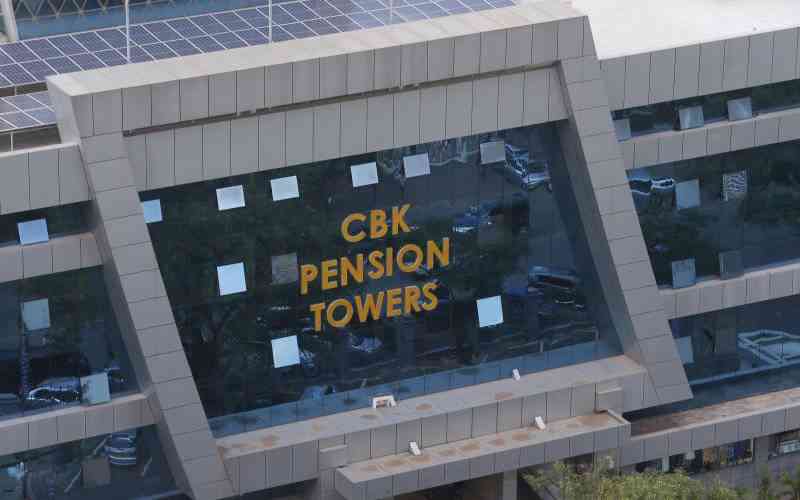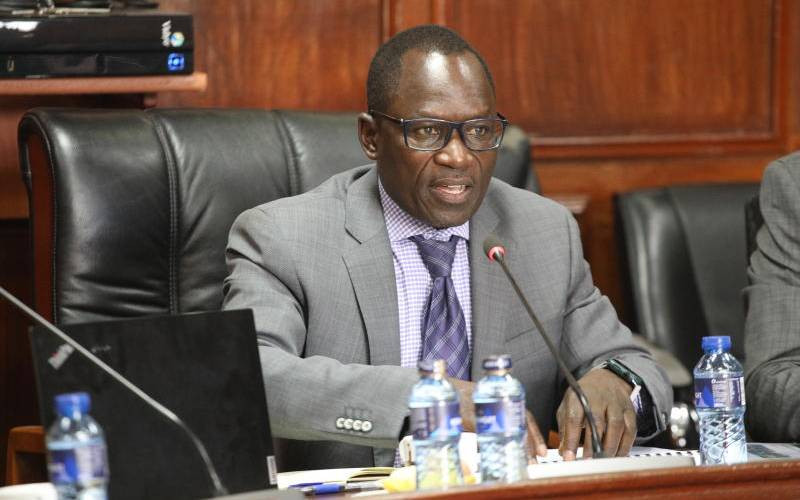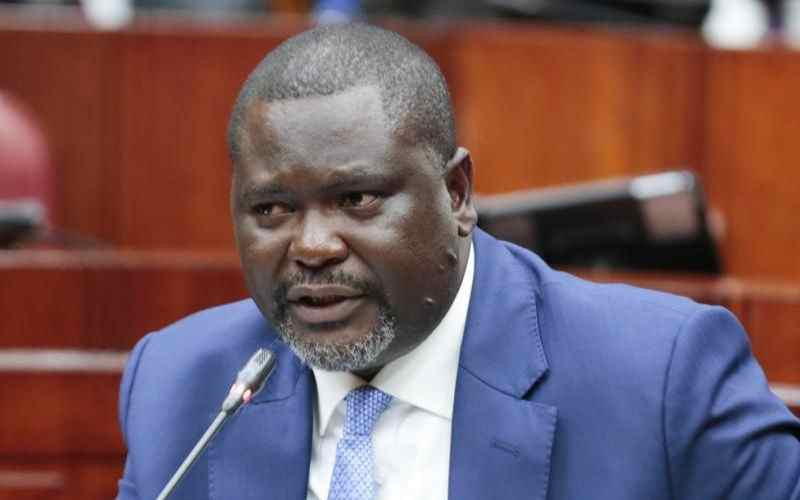The High Court in Nairobi has quashed a Central Bank of Kenya (CBK) circular that required the government and its agencies not to remit membership and subscription fees to trade unions as an austerity measure.
However, Justice Jairus Ngaah declined to bar the government from implementing the same in future saying that the circular has been overtaken by events as 2024-2025 budgetary cycle has since lapsed.
“The circular which is impugned was issued on July 7, 2024 at the commencement of the new financial year 2024-2025. Annual practicing or subscription fees are usually paid at the beginning of the calendar year. It follows that the affected professionals have had to settle those fees by themselves. The circular was not issued to last permanently,” observed Justice Ngaah.
He said that although the Treasury has the powers to implement austerity measures, the decision could not be arrived at without proper engagement with the stakeholders.
“It was incumbent upon the National Treasury to, in accordance with constitutional dictates, conduct public participation through stakeholder engagement and consultations prior to issuing directives like the one impugned herein… It is equally surprising that the 1st respondent has not outlined its statutory mandate in all these matters complained of. It is not enough to say that there was budgetary constraints and or deficit. What would be the legal basis for such decisions?” he paused.
The case was filed by the Law Society of Kenya (LSK), against the National Treasury and the Attorney General.
LSK told the court that on July 5, 2024, Treasury sent out a circular directing that the government, its agencies, and parastatals had to limit their spending on the 2024-2025 financial budget to 15 percent until the approval of the supplementary budget.
On the same day, LSK president Faith Odhiambo stated that Treasury again sent another circular to all the Principal Secretaries indicating that the government was to control the expenditures by cutting the money spent on operations and maintenance.
According to the society, the AG in turn imposed a 100 percent cut on membership fees, dues and subscriptions to professional and trade bodies. It argued that the move would gravely affect its members.
At the same time, the society argued that the decision was irrational and discriminatory as the fees had to be imposed on its members without public participation.
LSK said the new directives will affect all in-house counsel working in Ministries, State Departments and Agencies. They will be forced to pay their own practicing licence fees while employed in the Public Service.
At the same time, the court heard that most in-house counsel will be unable to pay the annual fees to renew their practicing certificate as from 2025 if the directives are implemented leading to the inevitable high rates of non-compliant advocates to the detriment of the public institutions whose interests will be at stake should it happen.
In response, Treasury’s Principal Secretary Dr Chris Kiptoo said the rejection of the Finance Bill 2024 resulted to a financing gap of Sh 346 billion which was meant to finance the FY
2024-2025 budget estimates and as a result, this necessitated rationalization of the budget by a similar amount to close the financing gap.
Stay informed. Subscribe to our newsletter
He said that among the areas that the government sought to cut were membership fees, dues and subscription to professional and trade union bodies.
Dr Kiptoo further said that the budgetary process is consultative and involves
many stakeholders who enrich the process through providing input to the
process.
The PS stated that Ministries, Departments and Agencies were consulted before the preparation and finalization of the supplementary estimates.
Despite filing a reply, the AG and Treasury did not file submissions.

























